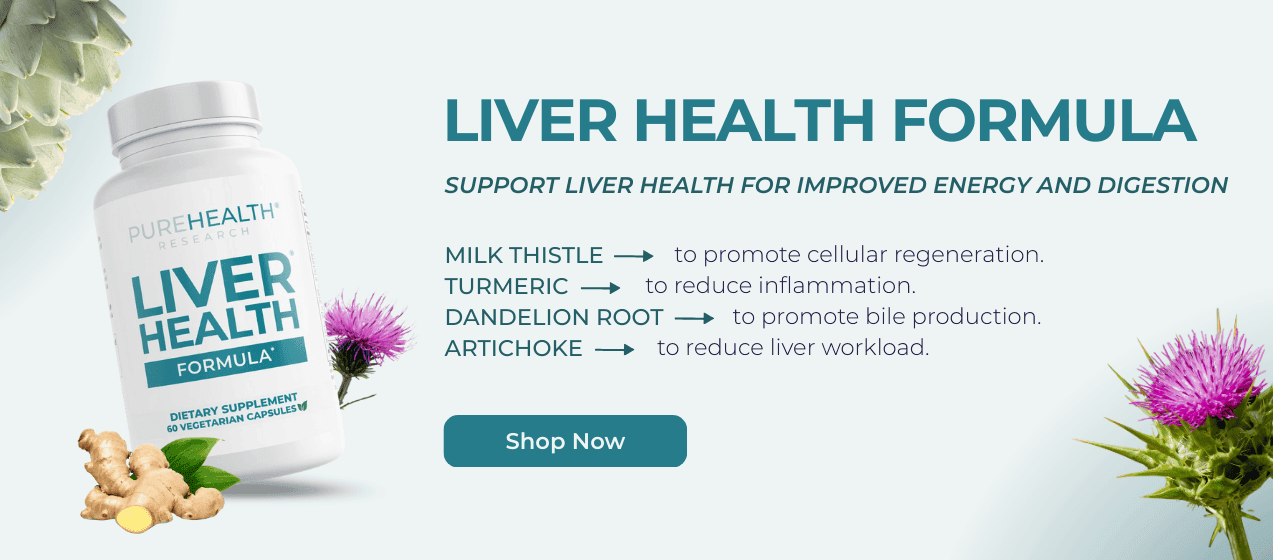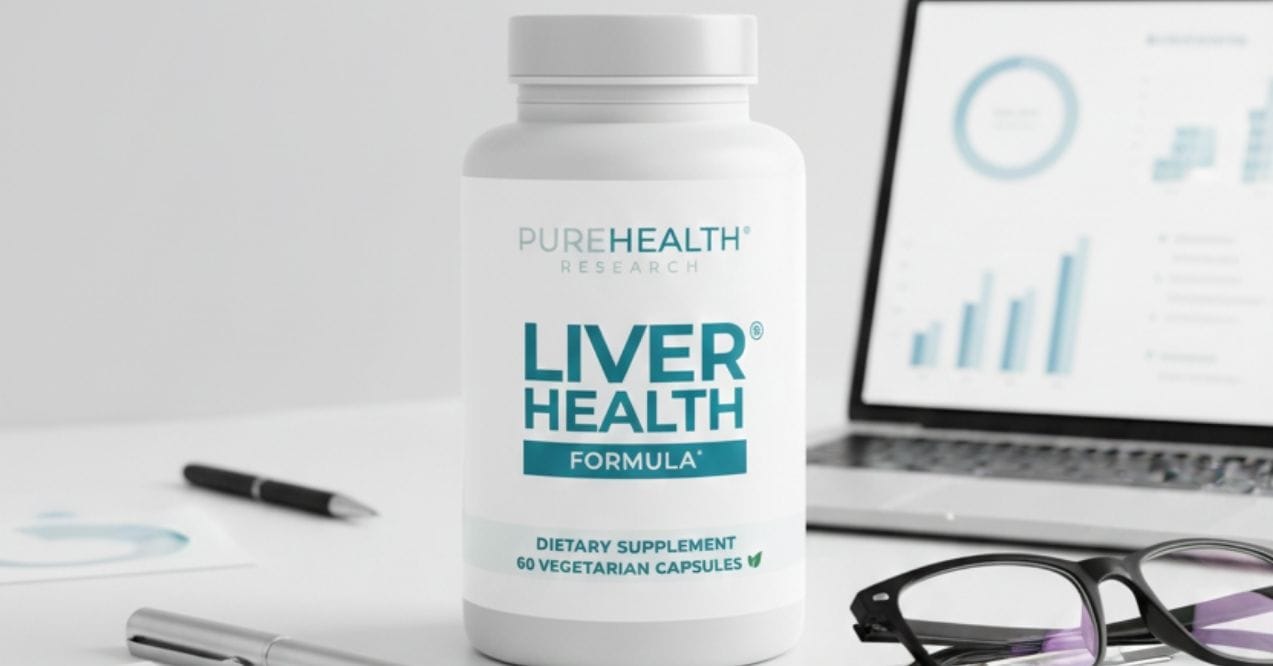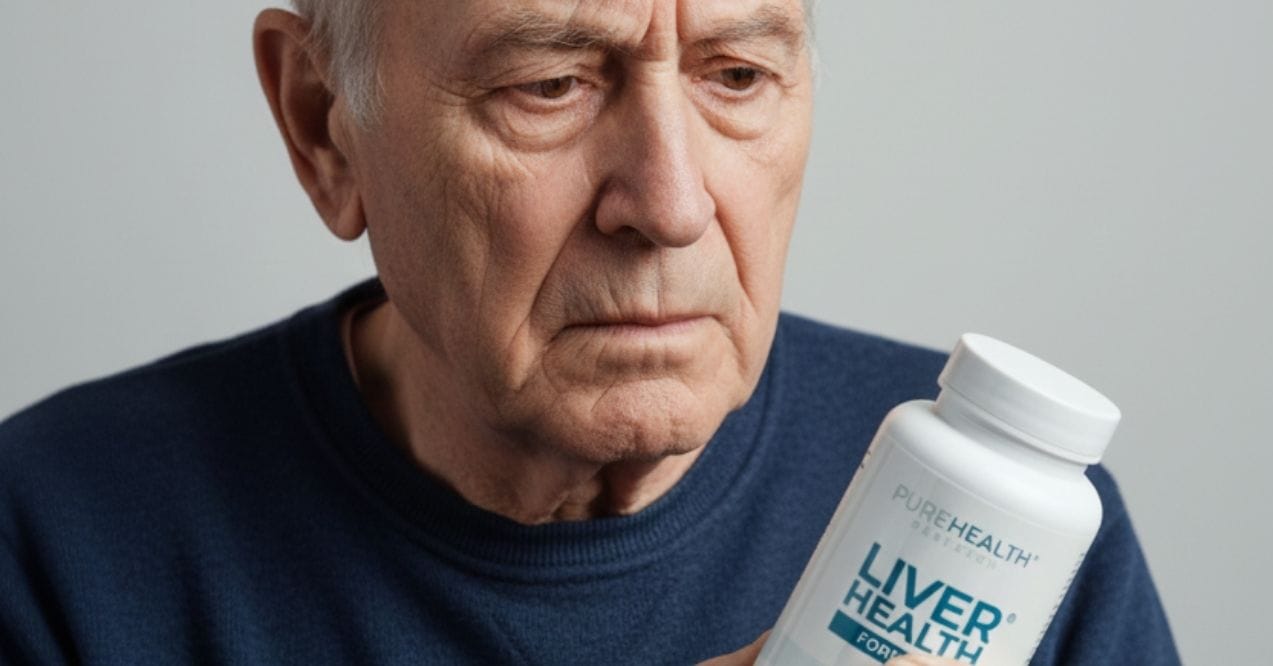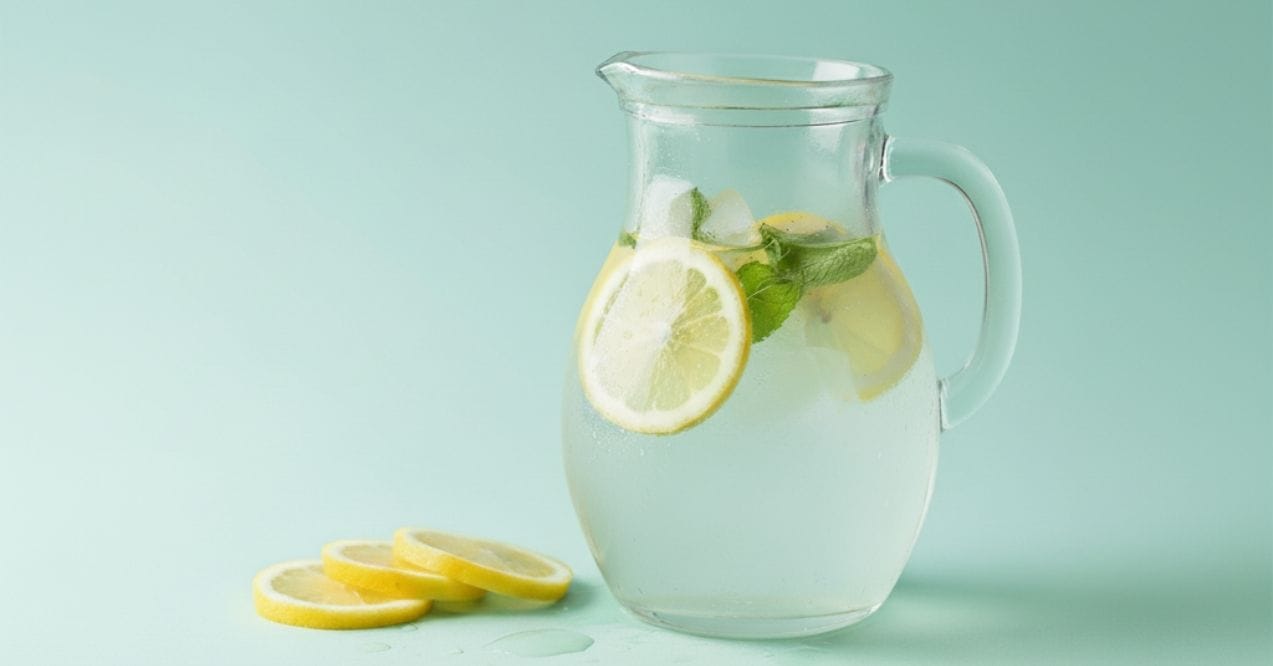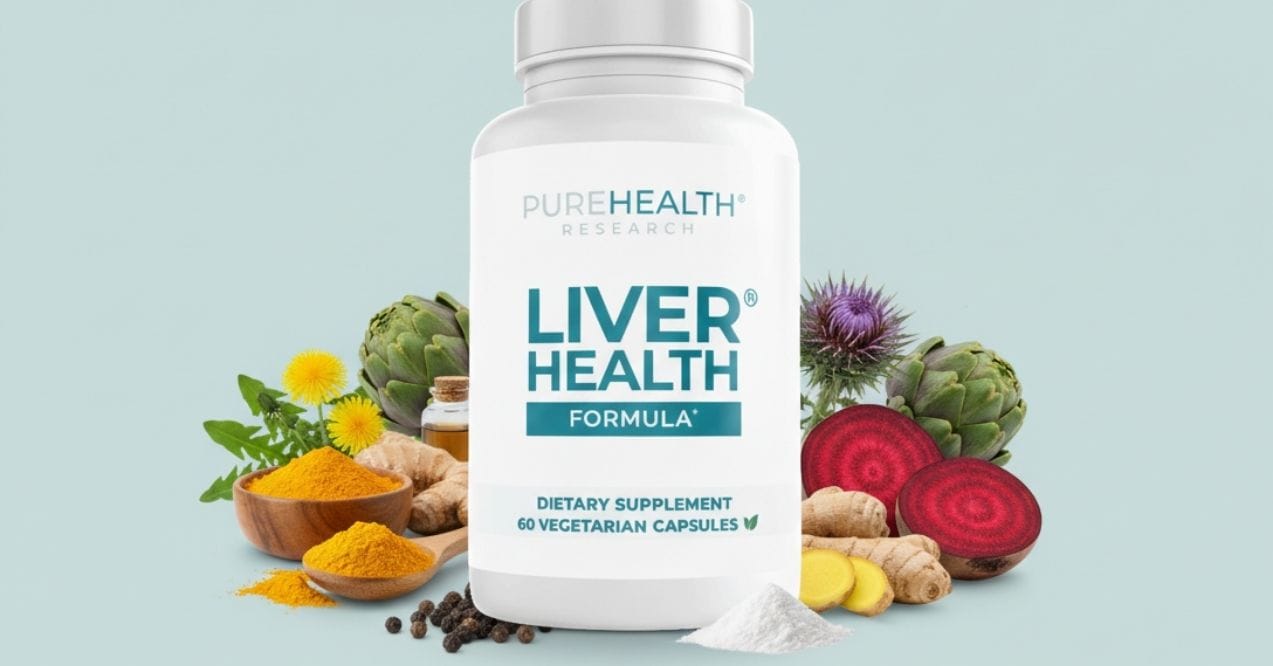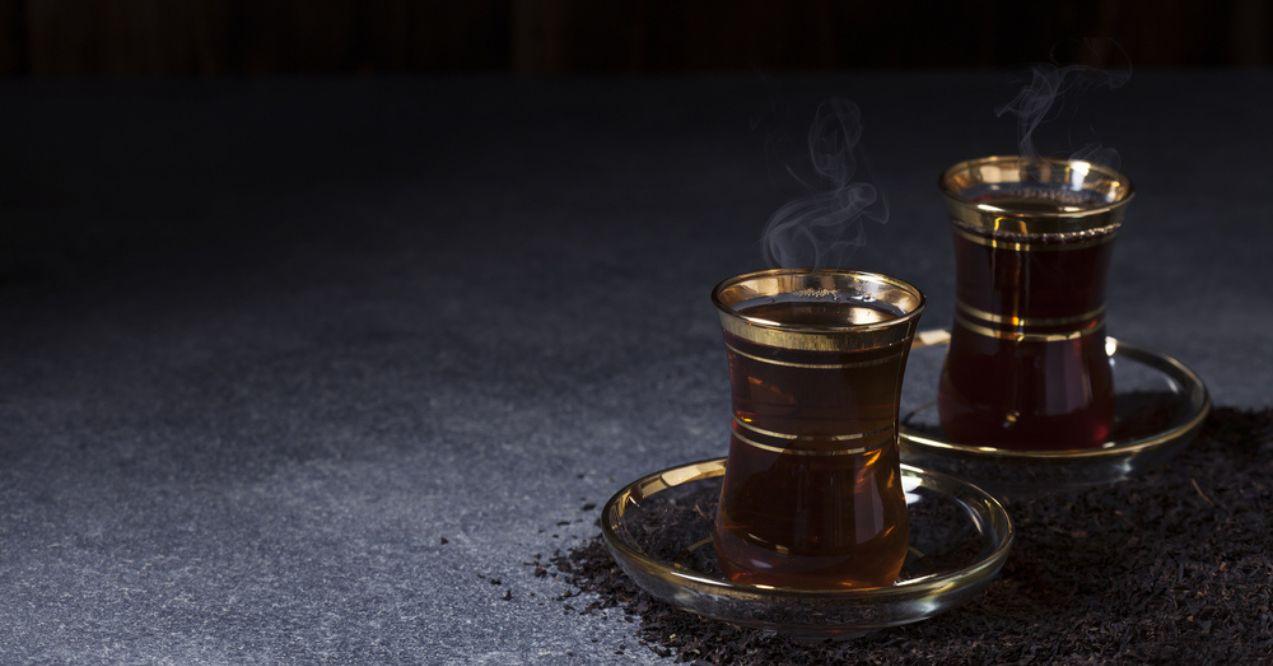What is the Function of the Liver?
The liver is one of the most important organs in your body. But what is the function of the liver? Find out exactly why it helps keep your body healthy and how to care for it.
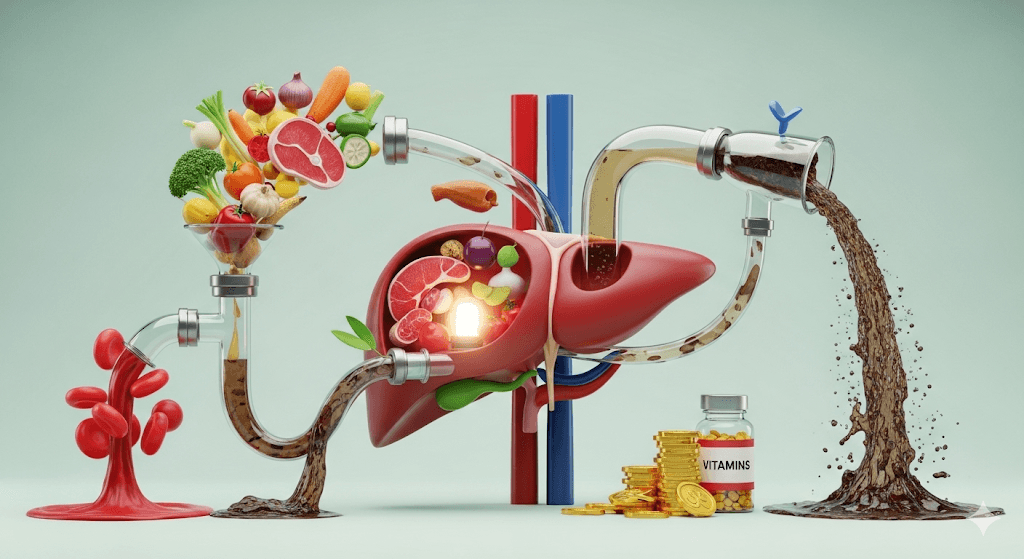

Your liver is one of your body’s most important and resilient organs. It functions as your internal filter, protecting you from toxins and keeping your systems running. But what is the function of the liver, and why is it so essential for your health?
This guide breaks down the liver’s essential roles, covers facts about the liver, and offers simple ways you can support it. To get a full breakdown of practical steps, you can also explore how to make your liver healthy again.
The Five Major Functions of the Liver
The liver performs five core functions that keep your body in balance. This organ is the central command for many of your body’s systems, making it a powerful force for maintaining health.
1. Filtration
The liver is your body’s primary filter. It receives blood from two main sources: the hepatic artery, which supplies oxygen-rich blood from the heart, and the portal vein, which carries nutrient-rich blood from your intestines.
Once inside the liver, this blood is filtered to separate useful nutrients from waste. Nutrients are sent on to nourish your body, while waste is prepared for removal.
2. Digestion
The liver is vital for your digestive system. It produces a digestive fluid called bile, which is then stored in the gallbladder. When you eat, bile releases into your intestines.
Here, it breaks down fats, helping your body absorb essential vitamins (like A, D, E, and K) and nutrients from your food. Without the liver’s bile, food could not be digested efficiently.
3. Detoxification
This is the liver’s most known and crucial role. It acts as a biological purifier, breaking down harmful substances that enter your body. This includes toxins from alcohol, medications, and environmental pollutants.
The liver converts these toxins into harmless compounds that can be safely excreted from your body as urine and stool. This detoxification process protects you from a wide range of harmful chemicals.
4. Synthesis
The liver is a biological factory that creates many of the proteins and enzymes your body needs to survive. This includes:
- Albumin – a protein that helps maintain proper fluid balance in your body.
- Clotting factors -these are essential for your blood to clot and stop bleeding after an injury.
- Hormones – the liver is involved in producing and regulating hormones that affect everything from your energy levels to your metabolism.
5. Nutritional Storage
Think of the liver as your body’s warehouse for essential nutrients. It stores a ready supply of vitamins (like A, D, E, K, and B12), iron, and copper. When your body needs a boost or experiences a deficiency, the liver releases these stored nutrients to keep your cells, nerves, and systems working correctly.
How to Support Your Liver Function
The liver is an amazing organ with many important jobs. The good news is, you can take simple steps to keep it healthy and strong.
First, think about the foods you eat. You can easily help yourself by cutting back on foods that damage the liver, like fatty foods, refined sugar, and processed snacks. Instead, fill your plate with foods that support it. These include fresh fruits and vegetables, eggs, and nuts. Adding spices like turmeric, ginger, and cinnamon is also a great idea.
Since it can be tough to get all the right nutrients from food alone, supplements for liver health can be a big help. The Liver Health Formula supplement from PureHealth Research gives you key compounds in one easy dose. Dr. Holly Lucille and her team created this formula to help your liver work at its best.
With just two capsules a day, you get a powerful mix of ingredients.
- Beet
- Dandelion
- Silymarin (milk thistle)
- Artichoke extract
- Ginger
- Alfalfa
- Phosphatidylserine
- L-cysteine
- Glycine
- Vitamin D3
Beyond diet and supplements, simple lifestyle changes can make a huge difference.
- Get enough sleep. Your body repairs itself while you sleep, and your liver especially benefits from this rest.
- Exercise often. Regular activity helps repair liver damage and keeps you at a healthy weight, protecting you from fatty liver disease. Plus, it can help you sleep better, too.
- Stay hydrated. Water is your best friend. It helps your liver flush out toxins and keeps all your body’s systems running smoothly.
By taking care of your liver, you’re not just supporting one organ—you’re boosting your overall health and energy.
Final Thoughts
Understanding the liver’s vital functions highlights its importance in maintaining overall health. The liver’s primary roles include filtration, detoxification, digestion, synthesis, and nutritional storage. By supporting this resilient organ through a balanced diet, healthy lifestyle habits, and smart medical choices, you can ensure it continues to function at its best, keeping your entire body strong and healthy.
The liver does five main jobs: it filters, digests, detoxifies, synthesizes, and stores nutrients.
The liver makes bile, which is stored in your gallbladder. When you eat, bile is released into your intestines. It helps break down food so your body can absorb nutrients. Without bile, your digestion would not work well, and you would not get the nutrients you need.
The liver gets blood from your heart and intestines. It filters out harmful substances and turns them into bile, which leaves your body as stool. Your kidneys also help by filtering toxins from your bloodstream and removing them through urine. The two organs work together to get rid of waste.
Sign up for our Healthy Living newsletter!
Advertisement. This site offers health, wellness, fitness and nutritional information and is designed for educational purposes only. You should not rely on this information as a substitute for, nor does it replace, professional medical advice, diagnosis, or treatment. If you have any concerns or questions about your health, you should always consult with a physician or other health-care professional. Do not disregard, avoid or delay obtaining medical or health related advice from your health-care professional because of something you may have read on this site. The use of any information provided on this site is solely at your own risk.
